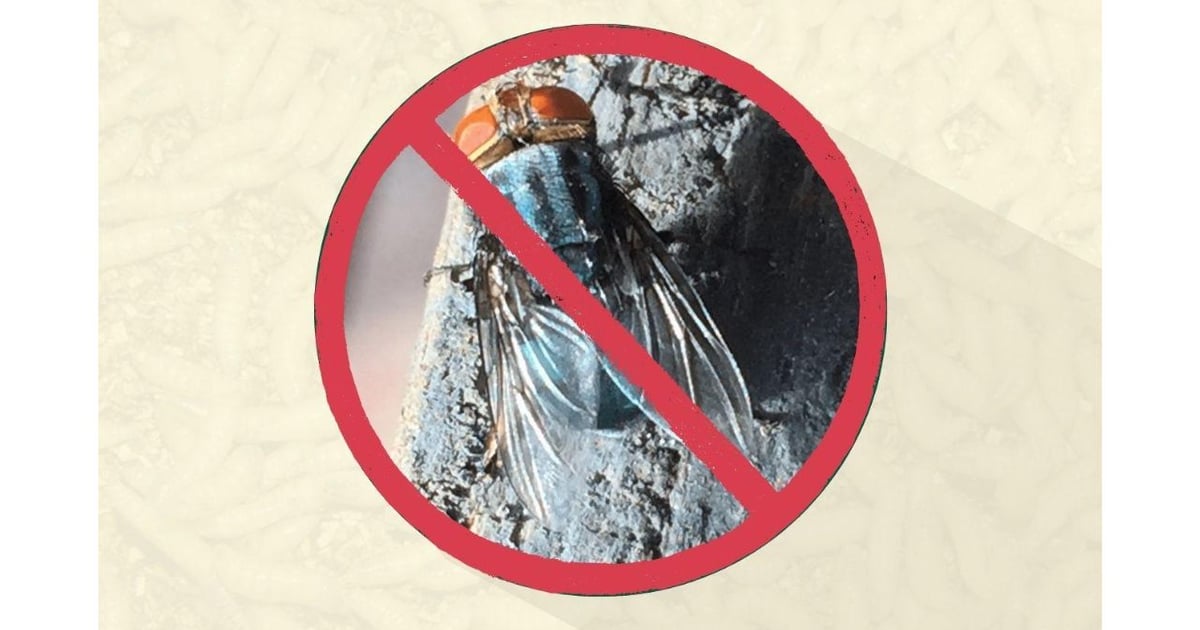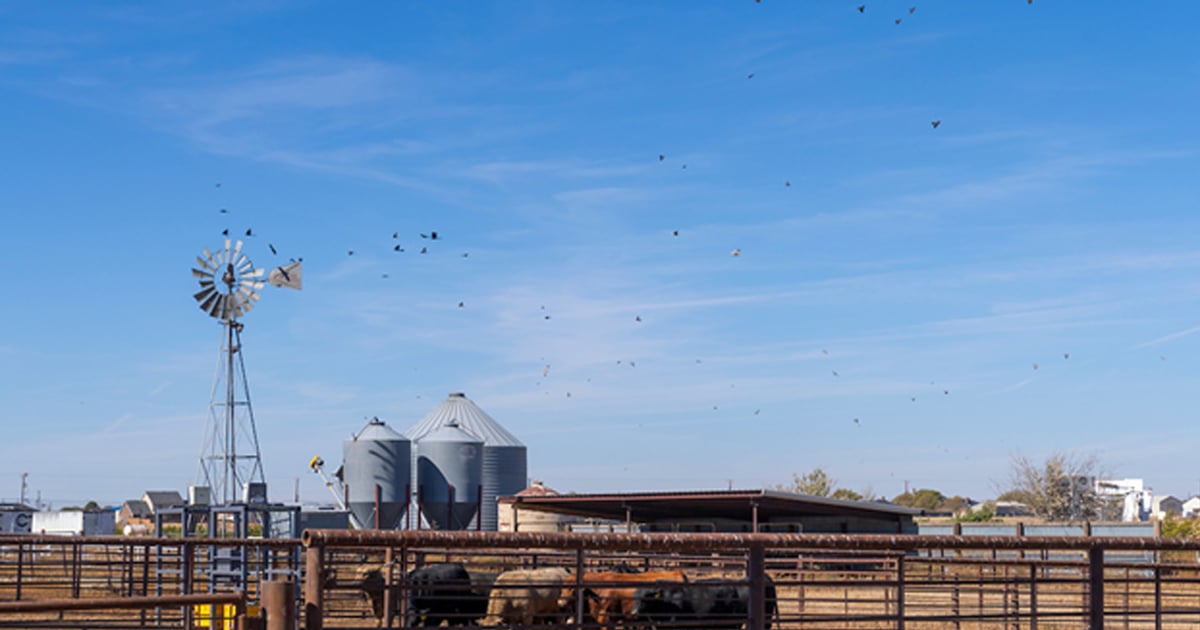CSU supports livestock producers as wolves reenter state
Posted on October 19, 2023
Source: Farm Progress. The original article is posted here.

As Colorado prepares to reintroduce wolves to the state by the end of the year, scientists and Extension faculty at Colorado State University are being proactive about preventing conflict between people and wolves.
CSU’s Center for Human-Carnivore Coexistence and CSU Extension launched the Wolf Conflict Reduction Fund last year to support livestock producers with non-lethal approaches to reduce livestock losses to wolves. Initial contributions to the fund have facilitated two projects, trail camera deployment in an area with wolves in northern Colorado and a knowledge-exchange program with Montana ranchers.
Last fall, Colorado ranchers, Extension faculty, CSU researchers, and state and federal biologists traveled to Montana to learn about conflict reduction approaches from area ranchers in the Blackfoot Challenge, a community used to living with large predators, including wolves and grizzly bears. This month, the Montana ranchers in turn visited Colorado to continue to share their knowledge with Colorado ranchers and help educate Extension faculty, who will be a resource for their communities.
“Most ranchers won’t experience direct conflict with wolves, but some will,” said Kevin Crooks, director of the Center for Human-Carnivore Coexistence. “For those individual ranchers, when wolves kill, chase or stress their livestock, the economic and emotional impacts can be considerable, affecting their livelihood and well-being.”
Crooks said the Wolf Conflict Reduction Fund is intended to support ranching livelihoods in landscapes with wolves and prevent harm to people, livestock and wolves. He hopes to raise enough funds so that ranchers and communities can apply for grants to implement tools like cameras, fencing, flagging, scare devices, guardian dogs, range riders, sustainable livestock practices and training workshops. Grants will be selected and distributed by a committee of livestock producers, Extension faculty, CSU scientists, nongovernmental organizations, and federal and state wildlife agencies.
“We felt there was both an opportunity and a need for Colorado State University as a land-grant institution to work with residents in the state to help prepare them for living with wolves,” Crooks said.
On-the-ground resources
Wolves were eradicated in Colorado by the mid-1940s, but a small number of them migrated into northern Colorado several years ago. The center has been working with Colorado Parks and Wildlife and livestock producers in Jackson County who already have experienced conflict with wolves to implement methods to prevent wolves from preying on livestock.
The Wolf Conflict Reduction Fund was used to purchase trail cameras for ranchers in the area to monitor their calving pastures, along with the installation of fencing and flagging by Colorado Parks and Wildlife to deter wolves.
“It’s like having an extra set of eyes, and gives a little piece of mind,” said a Jackson County rancher who participated in the camera program.
“It’s important that people are stepping up to help the ranchers that are affected by this,” added another rancher. Both preferred to remain anonymous.
Mireille Gonzalez, co-director of the Center for Human-Carnivore Coexistence, said that the Wolf Conflict Reduction Fund could help ease the burden on producers to pay for and implement strategies.
“With the date for wolf reintroduction rapidly approaching, we’re here to support Colorado communities and the residents of the state – both people and wildlife,” Gonzalez said.
Reaching out across the state
Since Colorado voters approved the restoration of wolves to the state by a slim margin in 2020, the Center for Human-Carnivore Coexistence – CHCC for short – and Extension have partnered with Colorado Parks and Wildlife to hold outreach activities in counties that will be most affected.
“CSU CHCC and Extension know the concerns that arise with the reintroduction of wolves,” said Travis Duncan, spokesperson for Colorado Parks and Wildlife. “They’re looking to address these concerns and to help reduce any potential negative impacts to those affected. We’re looking to work with groups like that to provide as many resources as possible through partnerships.”
Robin Young, Extension director for Archuleta County, has been helping to lead outreach. Young said bringing people together who have diverse perspectives on the topic has helped to ease tensions, as they gain understanding of others’ perspectives.
“The training for Extension faculty brought together keynote speakers from Montana’s Blackfoot Challenge, as well as ranchers, wildlife biologists, economists and essential folks from Colorado Parks and Wildlife, Colorado Department of Agriculture and nonprofits to have meaningful conversations, find common ground, and look for educational and research needs as we move forward with the reintroduction,” Young said. “The relationships forged are building trust among all who are affected by wolves on the landscape.”
Anyone interested in donating to the Wolf Conflict Reduction Fund can give directly here .




